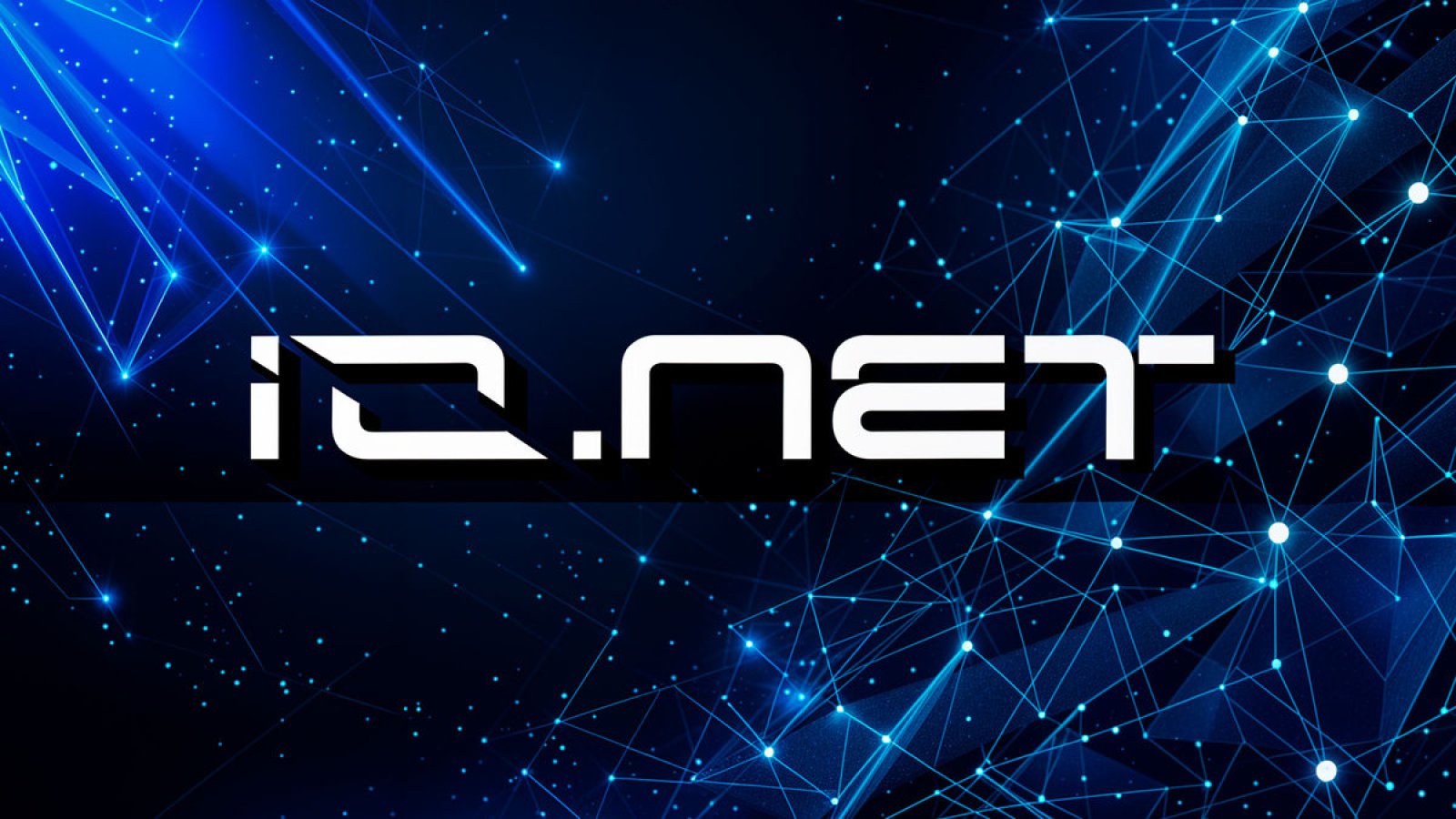The Rise of DePIN: Revolutionizing Tech Infrastructure

As AI evolves and the need for more computational power increases, the demands on digital infrastructure have never been greater. DePIN, or decentralized physical infrastructure networks, is a groundbreaking approach poised to revolutionize business operations. Traditional centralized models struggle to keep up with growing demands, while DePIN leverages distributed networks for flexibility, scalability, and resilience. Tory Green, CEO of Io.net, highlights the limitations of traditional systems and the benefits of DePIN in terms of scalability, cost efficiency, and resilience.
Advantages of DePIN
One of DePIN’s key advantages is its unparalleled scalability by utilizing underutilized global resources. IO.net aggregates GPUs worldwide, offering nearly unlimited compute capacity. Cost efficiency is another highlight, as DePIN significantly reduces infrastructure costs by leveraging idle resources, making high-performance computing accessible to startups. In terms of resilience, DePIN outperforms traditional models by eliminating single points of failure. With decentralized nodes distributed globally, tasks like AI model training can be performed with lower latency, improving efficiency and reliability.
Benefits for Users
Users working with IO.net’s decentralized network benefit from affordable, scalable compute power, particularly advantageous for smaller companies and startups. Compared to traditional cloud providers, IO.net offers substantial cost savings, unlimited compute capacity, and enhanced reliability. Users can enjoy more compute power for less cost, with added flexibility, allowing them to focus on their core business operations.